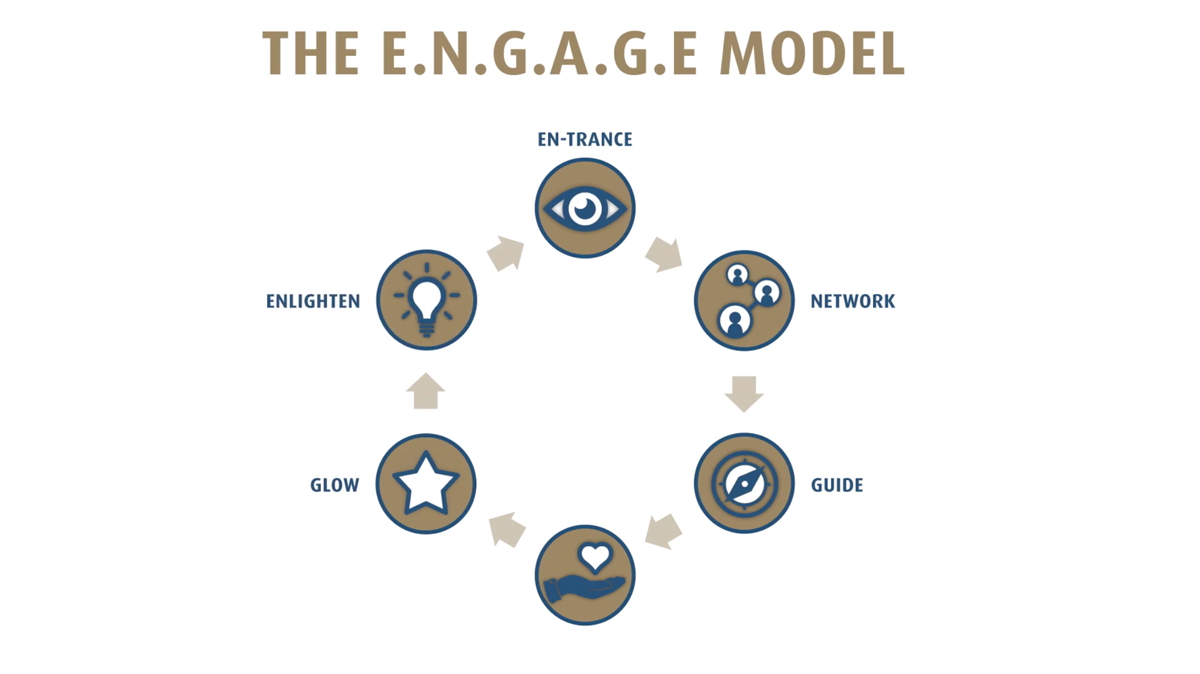3 Skills You Must Develop to Become a Leader in the Workplace
Posted By Duncan Fish on August 19, 2019

Some say that leaders are born, but I don’t believe that’s necessarily always the case. While some do instinctively have leadership abilities, it’s also possible to develop the skills you need to become a leader in the workplace.
Not sure where to start?
Here are three skills I feel are necessary to your development and path toward becoming an Engaging Executive.
1. Communication
Communication is absolutely necessary, especially if you want to become a leader. You have to know how to effectively get your ideas across, respond to others’ language and then get people on board with your goals.
2. Dedication
Professional development—especially if you have a leadership role in mind—requires dedication. You have to practice your skills, work on your weak spots and become cognisant of every opportunity for improvement.
3. Charisma
While some may cringe at the thought of developing their charisma, it’s a tool you’ll need if you want to gain followers and influence others in your office.
These three skills are just the start of what you need to know before becoming an effective leader in the workplace. Another skill set for leaders to gear up on are the 2 types of Influence, click here.



